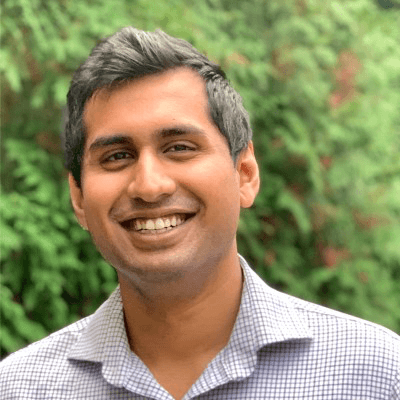
Siddharth Pannir / Founder, GenH
It is always depressing reading the Asimov novels.
I had come across them in one of the rare libraries in pre-2006 India and was immediately taken by the fantastical futures Asimov presented. While these fantastic adventures were essentially retellings of historical events (the Foundation series is a reiteration of the Catholic Church’s formation, for instance), one of the markers of the sophistication of these advanced civilizations was their gradation on the Kardashev scale.
That’s where it gets depressing. The real-life Kardashev scale, created by Soviet cosmonaut Nikolai Kardashev in 1964, grades a civilization’s sophistication based on its energy consumption. On that scale, humanity does not even make an appearance – whilst managing to severely imbalance the atmospherics of an entire planet.
It is through years and years of reading such stories that I’ve come to believe that the mess we’re currently in is an opportunity to climb the ladder – to not only build sophisticated energy systems, but also understand and affect intentional geoengineering.
We at GenH can’t solve the entirety of this problem within any VC-reasonable timeline, but addressing the electrification of non-powered dams is a first step in the right direction. The water-energy nexus is an increasingly crucial and strategic spot to start addressing stable power generation through renewables while addressing other important battlefields in this struggle: sustainable agriculture, carbon capture, clean transportation and so on.
Born out of my work for my master’s thesis, GenH quickly took a life of its own, with multiple tests showing that the technology, which worked on paper, was also feasible in reality.
The principles of modularity and mobility also found applications elsewhere. As a dinky little startup in 2019, we were invited to work with MIT researchers to solve a broader problem, that of the extant energy-industrial system.
This quickly led to further expansions of our technological understanding of the very hydropower systems we were designing, leading to new inventions to capture power from offshore waves and flowing streams.
This expansion in effort came with its own set of growing pains, especially challenging for the limited GenH team, which lacked expertise in several areas required for the proper functioning of a company. Short on resources, manhours and capital, our small team had to pick up a litany of new skills along the way to keep our ramshackle operation going.
That is the price of innovation. There is a certain personality type that goes willingly to work for an understaffed and underfunded operation and stays through the ups and downs – a personality type that is concerned with a broader path of history and changing its course.
It is this personality that sees the cliff we are driving toward and builds the Foundation for a change, not for material gain but to leave an indelible mark on the world.
